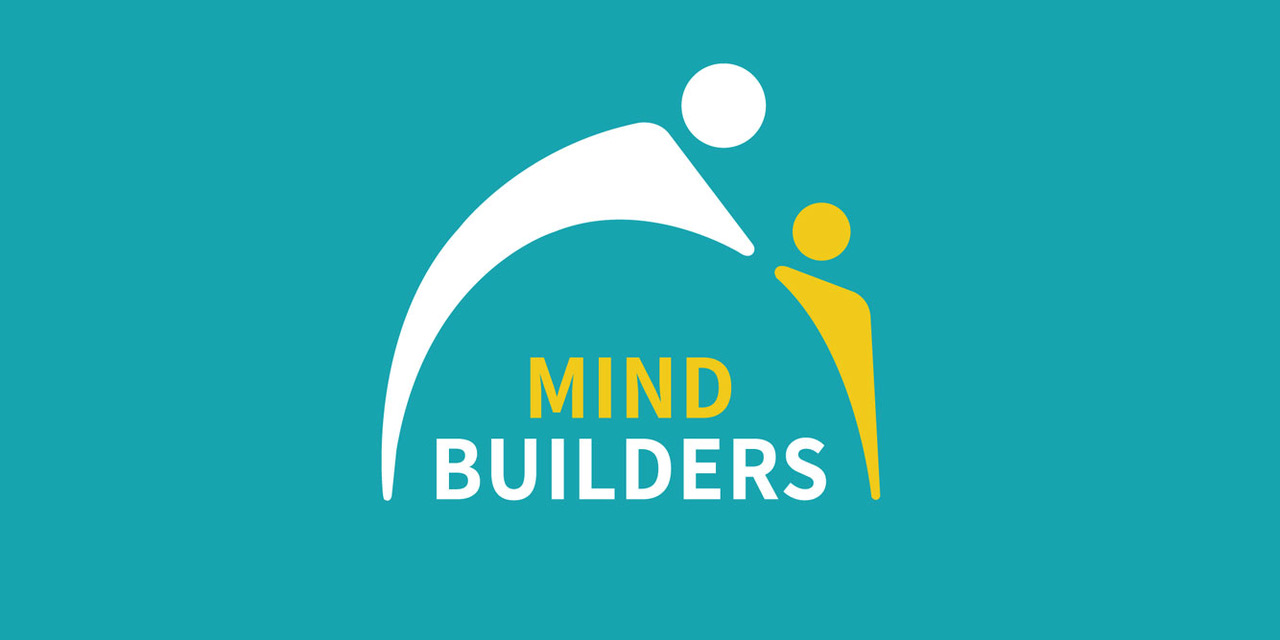Healthy development is the result of rich and varied interactions between the child and his environment, both with people and with the things around him. Although every child is born with certain character traits, temperaments, sensory and other strengths and weaknesses, it is the relationships and interactions with his environment and especially with his parents that determine each child's progress and development, that is, the extent to which his parents support and prompt their child to develop his strengths and weaknesses.
Growing up & being educated
Children do not grow up on their own, and development does not simply happen automatically. Rather, children need to be raised by empathetic and attentive adults who support and accompany them as they grow and develop.
Our minds develop through interaction, initially primarily with other people through social and emotional relationships, but then increasingly through the child's interaction and active exploration of the environment and the world of objects.
Catastrophic changes" and development gain
Since human development is interactive, it is never linear, but a process with constant moments of crisis and "cataclysmic change" (W. Bion): When a new idea emerges, it creates chaos and turbulence in the personality by disrupting the current status quo, thus forcing one to rethink previous ideas. New and unfamiliar ways have to be found because the "old ways" are no longer suitable and have to be abandoned, - and everyone knows how difficult change is.
These moments of crisis that precede new developmental advances are what Dr. Brazelton calls "touchpoints": painful periods of change and transition from one state of mind to another that the child and family must adjust to. But these experiences of "cataclysmic change," the abandonment of old habits and adoption of new ways of dealing, are essential and inevitable to a child's healthy mental development and progress, and lead to fundamental transformation or metamorphosis. As with a butterfly, genuine transformation involves various stages of 'cataclysmic change' from egg to caterpillar, pupation to butterfly hatching.
Developmental successes build on each other in a process of continuous crises of "catastrophic change" that can lead to either a "breakdown" or a "breakthrough" at each turning point, i.e., either a regressive insistence on the desire to maintain old and simpler (more primitive) ways, or a progressive acceptance of new challenges to find new and more mature ways to respond positively to what life brings.
The most important turning points in the personality development of a child
1. coming into life: BEFORE BIRTH
The first experience of being and getting to know one's own sensations and sounds and life already in the womb.
2. the shock of coming into the world: BIRTH
Being pushed out of the warm, safe "inside" of the womb at birth means that the baby has to adapt to a whole new world of experience full of sensations, sounds, sights, feelings and relationships.
3. the joy of being a baby: The feeling of being in control of the BREAST/BOTTLE.
The discovery of finding "a match" that exactly meets his needs, when his hungry mouth finds the nipple and tastes the milk for the first time, fills the baby with wonder and desire for more.
4. mourning the loss of NOT being a baby anymore: DISAPPOINT/STILL.
Coming to terms with the grief of losing the breast/bottle "changes the mind" and opens up new possibilities for the emergence of ideas about growing up and looking forward to the big wide world.
5. wanting to be big like mom/dad: IDENTIFICATION & RIVALITY
The child becomes more and more aware of the world around him and develops feelings of jealousy towards other people, towards his siblings, but especially towards his parents and wants to be like them.
6. the realization that growing up requires effort: Having to give up one's own EGOCENTRISM.
It is a shock when the baby realizes that his babbling is not yet talking and that he must make an effort to learn to listen, to use his attention, to make an effort and to practice
7. learning to control yourself: TOILET TRAINING
For the first time in his life, the mother/caregiver asks the baby to give her something that belongs to him (= his pee and poop), and he has to accept "how we do things around here" (= use the toilet) because there is good and bad - and the "bad things" have to be thrown away.
8. become one of many: BEGINNING SCHOOL/ KINDERGARTEN
Becoming part of a group means giving up the status of "mommy's special baby" and becoming "one of the big kids." This means that the child must be able to cope with the loss, and to imagine mommy in his imagination and hold his own in the emotional turmoil of his peers.
9. the desire to belong: ADOLESCENCE
The peer group now becomes the most important influence and the child becomes a stranger to his or her family, competing with parents for adulthood.
Sibylle Janert with thanks to Franco Scabbiolo(Psychoanalyst, Oxford) for seminars and talks

